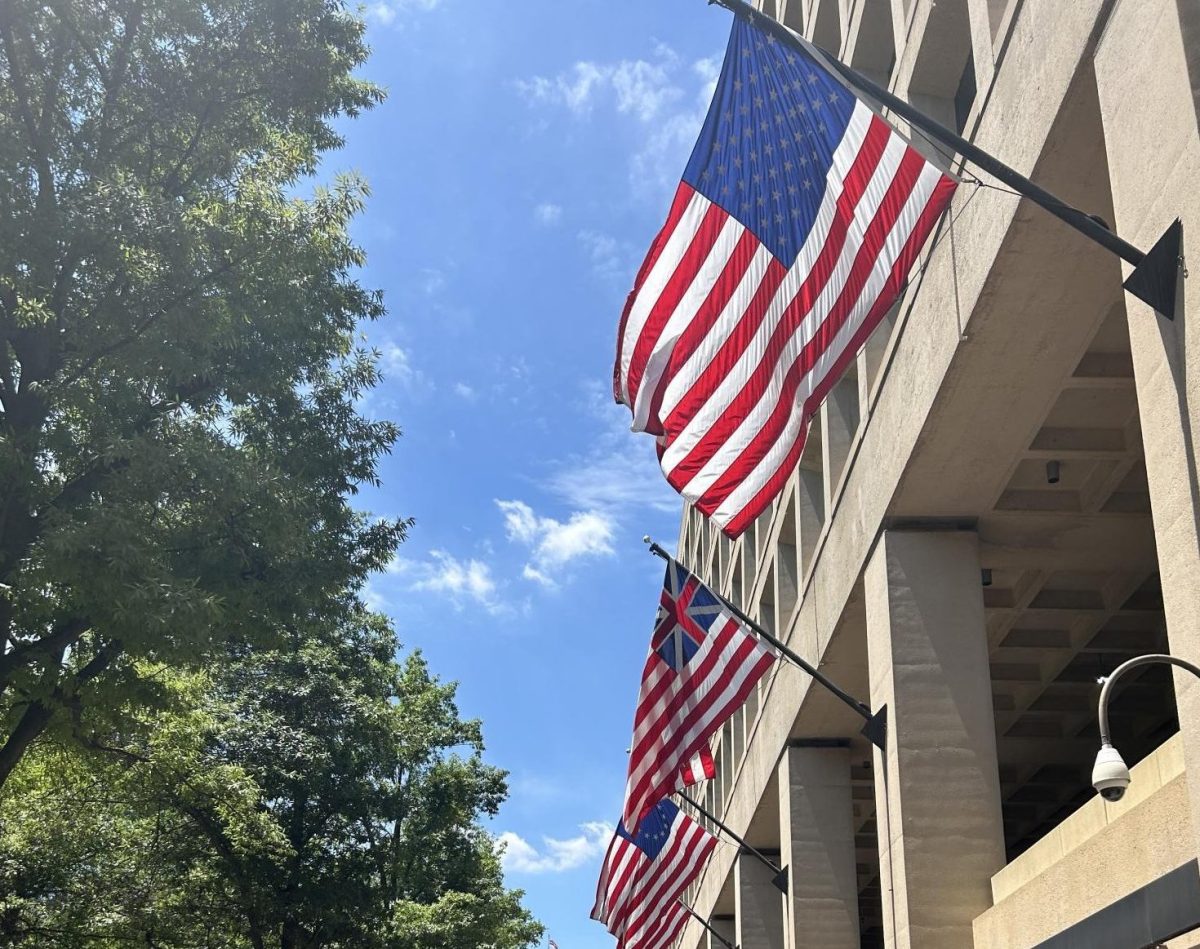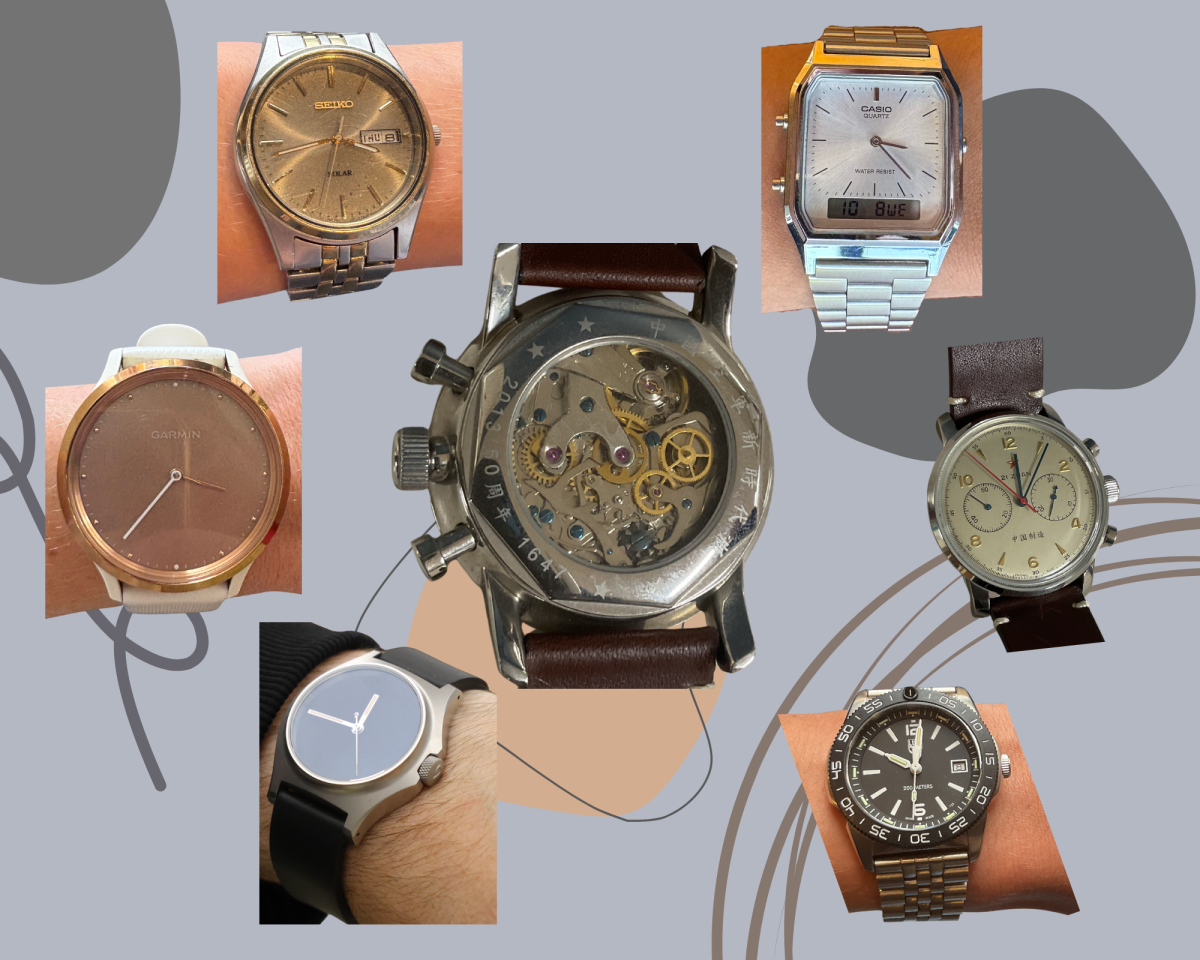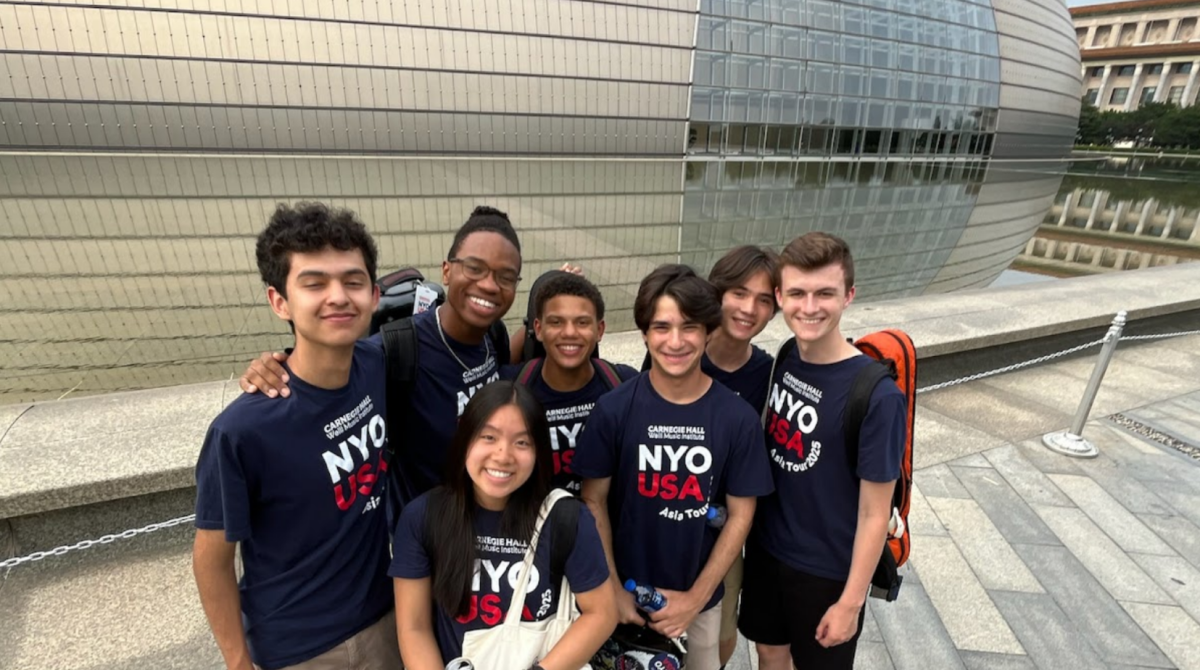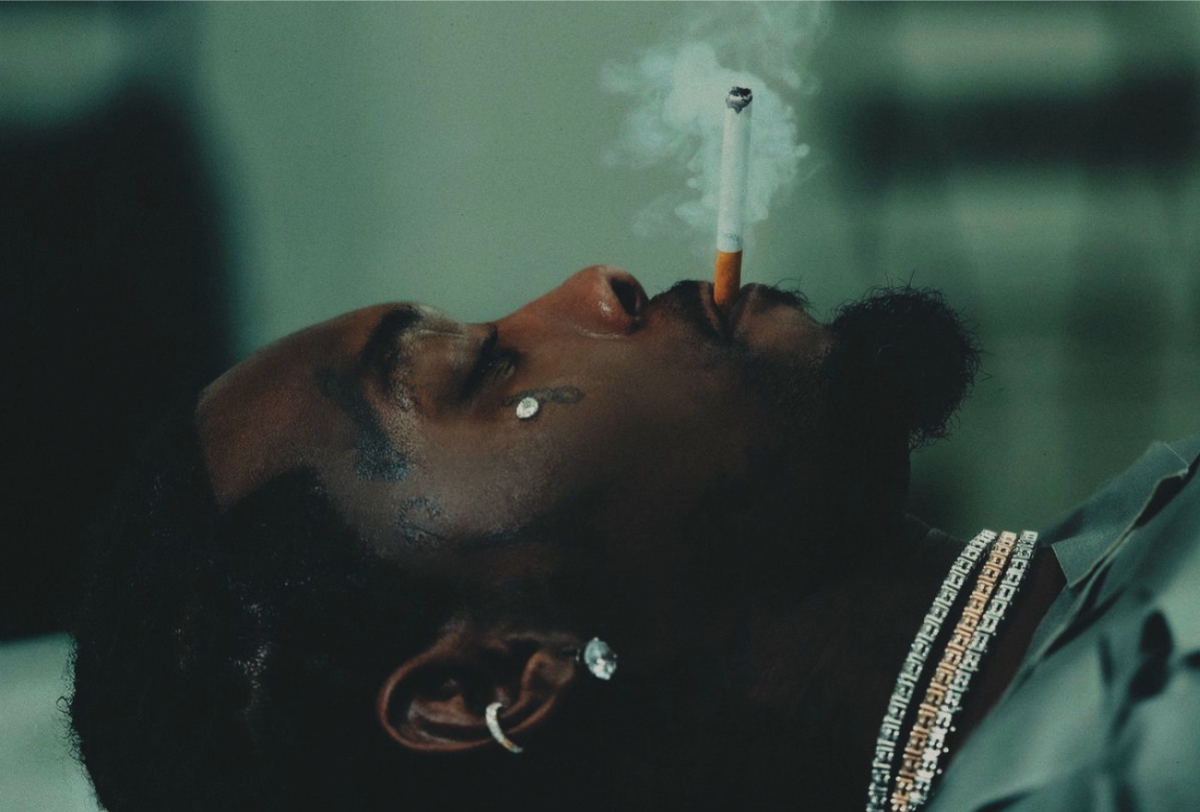With 18 tracks, “KIARI” includes eight features, including Key Glock, Gunna, Teezo Touchdown, JID and John Legend. The album asserts Offset as a standalone artist beyond the fame he achieved with Migos, the now-disbanded hip hop trio.
Each song in the album has its own music video, all set in a therapist’s office with the exception of “Professional.” The motif of therapy reflects his effort to mature and progress, contrasting the fancy restaurant setting of “Professional” with the therapist’s office to exemplify Offset’s experiences with struggle and success. By comparing the two, Offset highlights the dichotomy of fame, contrasting what the world sees on the outside with what he really deals with behind the scenes. The visual consistency and contrast through these music videos is a unique and well-executed concept, illustrating Offset’s personal journey and experiences with fame.
The theme of introspection continues as Offset addresses his publicized divorce from Cardi B through the song “Move On,” an anticipated solo track about moving towards the next chapter in his life after their separation. While most verses emphasize his efforts to move on, a couple of lyrics in the track don’t match the energy. For example, he raps, “hope your next n— be great,” referring to Cardi’s new partner, NFL player Stefon Diggs. It is clear that Offset still carries resentment since he keeps dissing the football player on podcasts and social media, rather than moving on, like the title suggests; it feels like he’s just being sarcastic at Diggs. Offset’s inclusion of trivial lyrics reveals his lack of maturity to truly “move on.”
While Offset sometimes dwells on the past, that doesn’t mean he’s afraid to take risks when the moment calls for it. The album’s versatility shines through with one of its most creative tracks, “Bodies,” which features Atlanta rapper JID and samples Drowning Pool’s 2001 single “Bodies” and choir vocals from “Ringing Them Bells” by The Spirituals. In this eerie atmosphere, he unleashes verse after verse about money, guns and gang life in classic Atlanta trap style. JID’s delivery is careful and deliberate as he narrates stories of running from the police. The samples and fast cadence complement each other well, creating one of the most compelling tracks on the album.
Offset uses other tracks to further explore his creativity. One example is “Checkmate (Smooth),” which certainly lives up to its name — the “smooth” instrumentals are led by violin, an unusual choice of instrument for the genre, but nails the tone of the song. Beyond experimenting with different sounds, Offset’s willingness to step out of his comfort zone allows him to widen the emotion he can convey without relying on the typical aggressive trap elements he is known for.
However, one track that misses the mark is Teezo Touchdown and Offset’s “Prada Myself.” Teezo’s melodic hook clashes against the grittiness of Offset’s voice as he attempts to match Teezo’s style. Offset tends to stick to aggressive rap styles, while Teezo utilizes more alternative melodies. Instead of accommodating their styles to complement each other, they just pull the song in two different directions at the same time. This clash highlights a larger issue of this album — the risk of Offset’s feature-heavy approach in showcasing his true self in an album that’s meant to be about self-reflection.
The song that best fits the self-reflective theme is “Never Let Go,” featuring John Legend. The track explores Offset’s grief over the death of fellow Migos member Takeoff, who died from gun violence in November 2022 at just 28 years old. His passing marked the disbandment of the Migos trio. In the track, John Legend’s soulful voice enhances Offset’s aggressive style, creating a sorrowful but resilient tone, looking to the future. Legend’s delivery of the chorus “I lost my brother, but I gained an angel” has an elegance that honors the dead and offers hope to the living to move on.
Overall, “KIARI” explores a different, unseen side of Offset. Given the personal and reflective nature of the album, Offset should have given himself enough verses to fully explore the soul-searching aspect. Although he lacks maturity in certain songs, his ability to dig deep and self-reflect on tracks like “Move On” and “Never Let Go” shows his attempt at growth through rapping from an emotional standpoint. Through “KIARI,” Offset begins to cement himself as a standalone artist, delivering an array of enjoyable hits.
Rating: 3.5/5
This story was originally published on El Estoque on September 15, 2025.






































